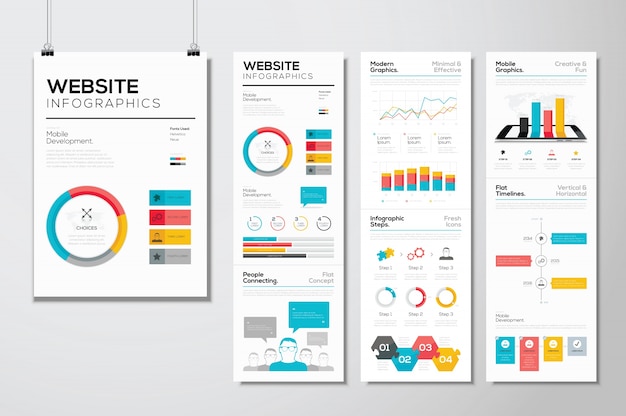Tips For Improving Internet Site Speed And Efficiency Via Host
Tips For Improving Internet Site Speed And Efficiency Via Host
Blog Article
Produced By-Munn Munn
They say 'time is cash,' and on the planet of website hosting, this couldn't be much more real.
When it pertains to your website's speed and performance, every second matters. Slow packing times can annoy users and drive them away, resulting in shed chances and potential profits.
But concern not, there are ways to improve your web site's speed and efficiency via web hosting. In this discussion, we will certainly check out some beneficial ideas and techniques that will aid you maximize your site's performance and keep your site visitors engaged.
So, distort up and prepare to unlock the tricks of a lightning-fast website!
Choosing the Right Web Hosting Company
When it pertains to improving your internet site speed and performance, selecting the ideal host supplier is critical. A great webhosting company can considerably impact the packing speed, uptime, and general performance of your web site.
To guarantee you make the ideal selection, think about elements such as server location, web server sources, and client support. Opt for a supplier that has web servers located near to your target audience to decrease latency and improve packing times.
Furthermore, examine the web server sources used, such as RAM, CPU, and storage, to ensure they meet your site's requirements.
Last but not least, trusted and receptive client assistance is important for resolving any type of technological problems promptly.
Optimizing Web Site Caching and Compression
To maximize web site caching and compression, consider applying reliable methods to enhance filling times and minimize file sizes. Right here are three ways to accomplish this:
- ** Utilize internet browser caching **: Establish the expiry header for static data to encourage browsers to cache them. By doing this, site visitors don't need to download the same documents repeatedly, leading to faster page tons.
- ** Allow Gzip compression **: Compressing your site's files decreases their dimension, permitting them to be sent more quickly to visitors' internet browsers. Enable Gzip compression on your web server to attain this, efficiently decreasing load times.
- ** Utilize CDN services **: Content Shipment Networks (CDNs) save your website's fixed data on multiple web servers worldwide. By utilizing website not ada compliant , visitors can access these documents from the web server nearby to them, decreasing latency and boosting loading speeds.
Lessening Server Feedback Time
Think about applying strategies to decrease web server feedback time in order to improve site rate and performance.
Web server response time refers to the quantity of time it takes for a server to react to a request from a user's browser. A slow-moving web server reaction time can dramatically affect the total rate and performance of your web site, resulting in an inadequate customer experience and potential loss of visitors.
To reduce i need a website designer , you can start by optimizing your website's code and database questions to ensure they're efficient and streamlined. In addition, picking a trustworthy and high-performance web hosting company can make a significant distinction in minimizing web server action time.
Lastly, implementing caching and content delivery networks (CDNs) can aid disperse the load and boost feedback times for customers located in different regions.
Verdict
Generally, by choosing a trustworthy host company, optimizing caching and compression, and lessening server action time, you can improve your site's rate and performance.
Think of it as a well-oiled equipment, with each element functioning flawlessly with each other to provide a smooth and effective user experience.
So, do not ignore the significance of webhosting when it pertains to improving your web site's efficiency-- it's the engine that maintains points running efficiently.
